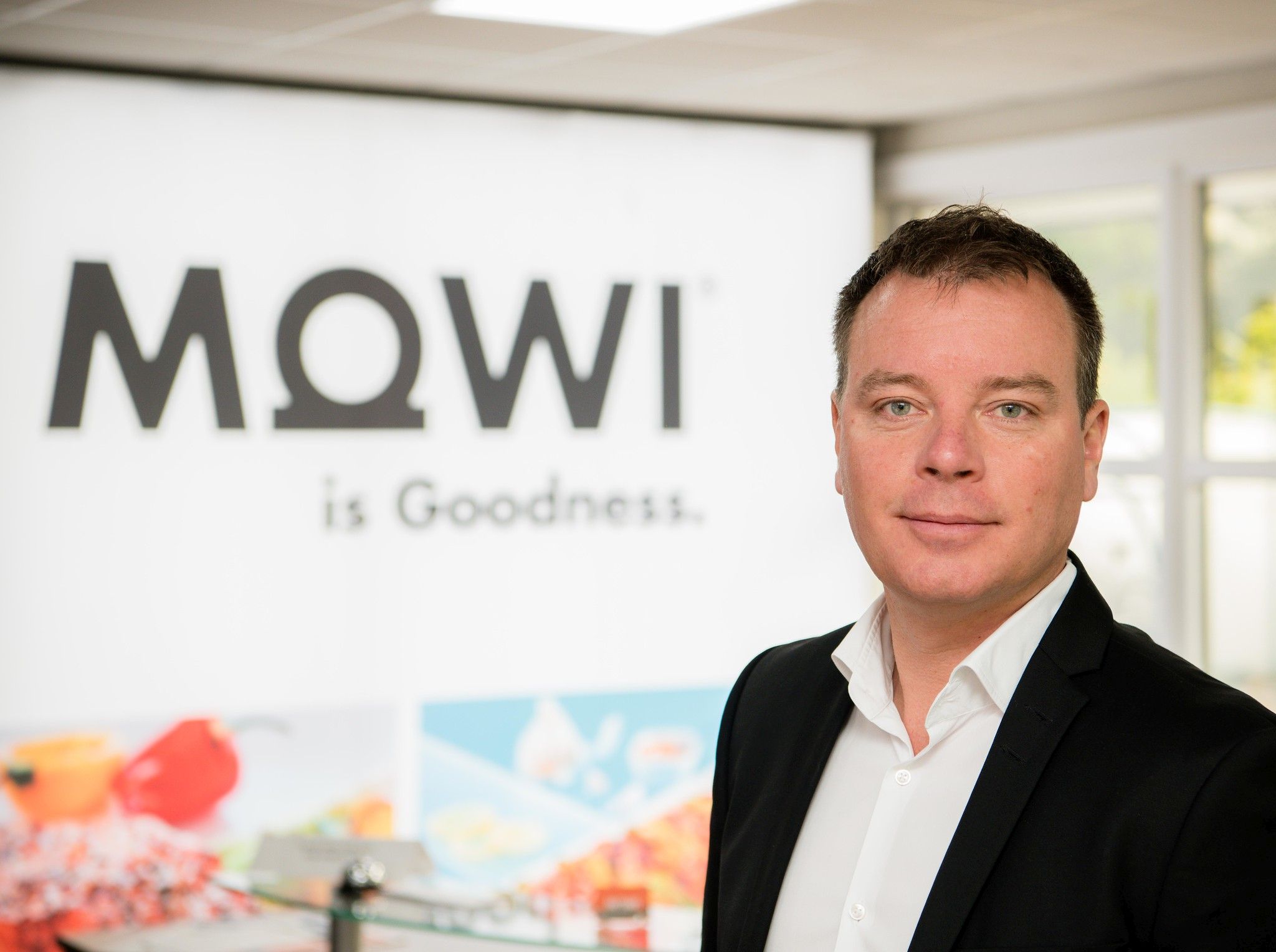National Trust ‘risks credibility’ over salmon claims

THE National Trust for Scotland has ‘exaggerated’ claims that a proposed salmon farm off the island of Canna will cause environmental damage, said Ben Hadfield, managing director of Mowi Scotland.
Scotland’s largest salmon farmer was invited by the Canna Development Trust to investigate setting up a high energy site off the west coast island, following the success of similar operations off the isles of Rum and Muck.
But the plan has run into strong opposition from the angling and environmental lobbies, including the National Trust for Scotland (NTS), whose senior nature conservation adviser, Richard Luxmoore, has long been an outspoken critic of the salmon farming sector.
Hadfield told the Financial Times this week that it could ‘categorically show’ the farm would not damage the area’s natural heritage.
‘We can demonstrate that the position they have taken at the moment is wrong, and it risks the credibility of a body like the NTS,’ he said.
If approved, the farm would provide 10 jobs on Canna, which is Scotland’s smallest inhabited island, with a population of just 18.
Mowi recently announced its intention to close two of its inshore farms –at Loch Duich and Loch Ewe – if it could relocate the biomass to alternative, higher energy sites.
‘It is not for the NTS to block that on the basis of exaggerated claims of damage to the environment,’ said Hadfield.
The Canna proposal is for a 2,500 tonne organic farm with eight, 160m circumference pens, covering an area of more than 16,000 square metres.
Mowi’s farms off Rum and Muck are performing well and the company has addressed roads and housing issues in the communities, as well as assisting with freight – of both people and goods – and also improving connectivity, said Mowi Scotland communications director Ian Roberts in an interview on BBC Radio 4’s Today show earlier this month.
The NTS cited the impact of sea lice on wild salmon and trout stocks in its objection to the Canna development, but wider causes are now thought to be behind the decline in some populations.
Hadfield told the FT that Mowi was having increasing success in controlling sea lice without the use of chemicals and was ‘very comfortable’ with the levels of infestation currently seen on the company’s farms.
The likelihood of sea lice transferring to wild salmon was much lower on sites such as Canna than in constricted sea lochs, he added.
Bergen based Mowi announced its ‘best ever’ second quarter results a week ago, with major progress at its Scottish operations in both harvest output and earnings.
Globally, Mowi achieved an operational EBIT of 211 million euros, compared with €175 million for the same quarter last year, and Scotland contributed almost a fifth of that figure.
The Scottish operational EBIT totalled €46.5 million in the three months between April and June this year, compared to €21.3 million, the equivalent of €2.92 per kg (€2.38 in 2018).
Yesterday, Mowi Scotland invited the SNP’s Commons leader, Ian Blackford, to officially open the new pier facilities at its feed plant in Kyleakin.
The mill, on Skye, represents an investment in Scotland believed to be close to £140 million, and has created at least 55 full-time jobs on the island.

